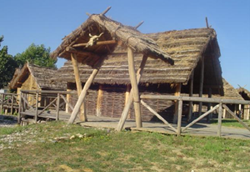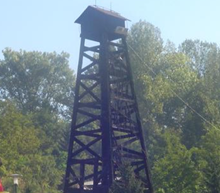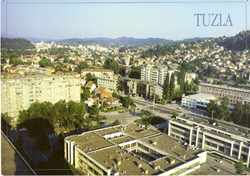There is enough archeological
evidence to suggest that
inhabited continuously for more than 6,000 years
which
makes
with sustained living.


Starting from the Neolithic
age to the present day

|
There is enough archeological
evidence to suggest that |
 |
 |
Starting from the Neolithic
age to the present day |
|
The whole region was occupied
by the Turks in 1460. Under the Turkish rule salt production was increased and
|
 |